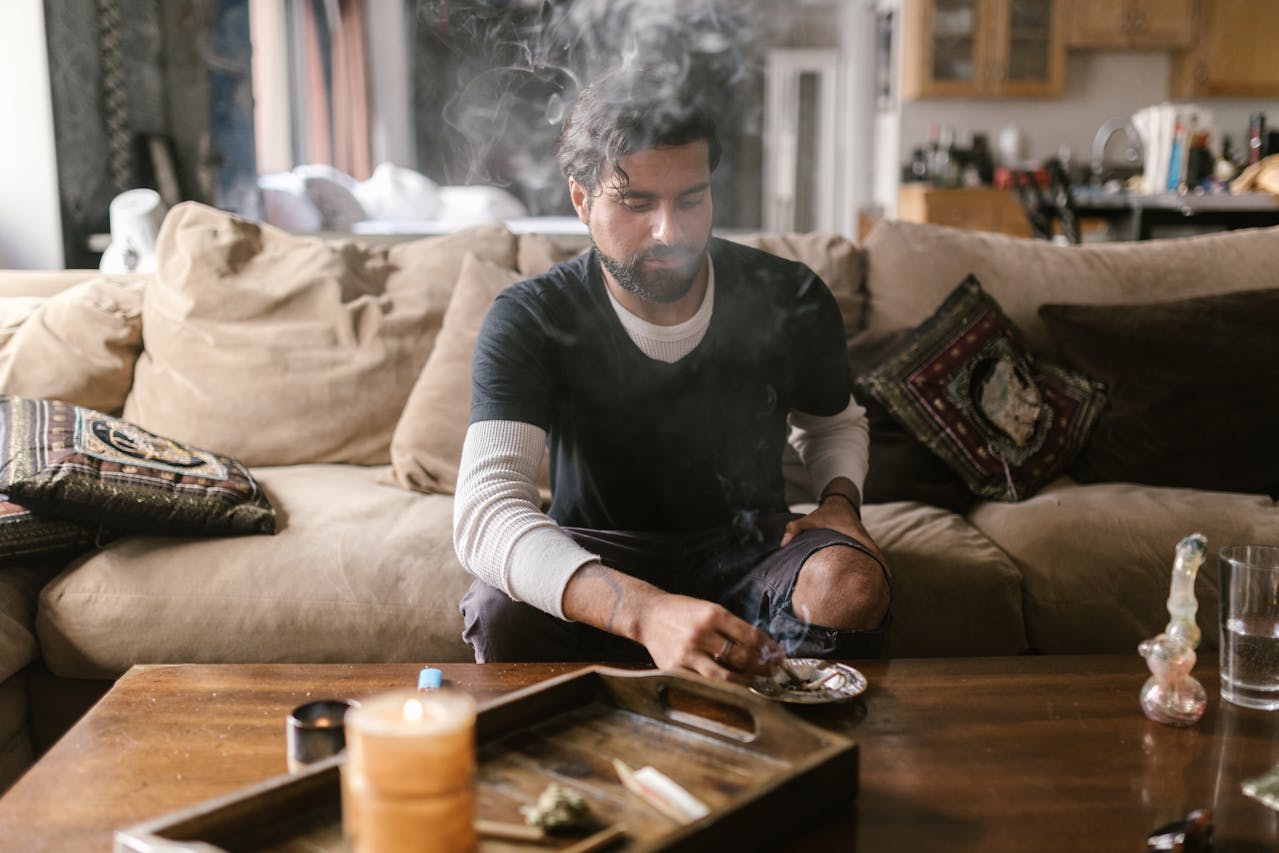Cannabis
Why Cannabis Clubs Members Could Be Exposed to Data Leaks
Cannabis clubs, set to operate from July 1, must store member data, raising privacy concerns. The Cannabis Act mandates recording personal details and purchase information, which worries users about potential misuse by insurers or employers. Critics urge stronger data protection or abolishing mandatory data collection, comparing it unfavorably to alcohol regulation, which lacks such documentation.

Cultivation associations store information about their own cannabis consumption. The data could “find its way into the hands of insurance companies or employers.”
From July 1st, cannabis clubs (also called cultivation associations) will be allowed to start operating. Consumers are already registering. But there are dangers lurking in cannabis clubs. One of them is the lack of data protection.
Cananbis users have been worried ever since cannabis was legalized, according to a discussion in the Reddit forum r/de. “I would definitely not register anywhere as a cannabis user,” wrote one.
Data stored at cannabis clubs could lead to abuse
According to the Cannabis Act, cannabis clubs are required to document the name, date of birth and address of their members. Every time a person buys cannabis, employees should also note the date, quantity and THC content. The data must be stored in a database for five years.
“This creates huge amounts of data that have a high potential for misuse. If the data ends up in the hands of insurance companies or employers – by whatever means – it can have a serious impact on the lives of consumers,” said David Werdermann from the Society for Freedom Rights (GFF) to BuzzFeed News Germany .
Cannabis clubs are obliged to release the collected data to regulatory authorities upon request. This also includes the law enforcement authority: If there is a suspected case against a person, the police can view information about their own cannabis consumption as well as personal data.
Cannabis Association Chairman: “If someone drinks wine, it won’t be registered”
“This is the strongest argument why people don’t go to cannabis clubs,” says Steffen Geyer from the umbrella organization of German Cannabis Social Clubs (CSCD) to BuzzFeed News Germany . The rejection has a background: Before legalization, consumers were often constantly afraid of prosecution, as a lawyer confirmed to us in an earlier conversation.
There is currently no threat of this. But the databases would remain – even if a new government is elected in the federal election that could potentially stigmatize cannabis again. According to CSCD, many stoners worry that the data could be used against them. Especially if the AfD’s high poll numbers lead to an ever-increasing shift to the right. “What would Chancellor Höcke do with such data? This is frightening.”
The association is calling for the abolition of Section 26 1.5 in the Cannabis Act, which regulates the documentation of data. Because: “If someone drinks wine, it won’t be registered.” The GFF makes a somewhat milder proposal to tighten data protection in the law. “Data should be deleted earlier and only passed on to the supervisory authority in suspected cases – for example if there is concrete evidence that cannabis is being supplied to minors.”
Data protection expert calls for stronger security measures at cannabis clubs
Regardless of criminal prosecution, it is unclear how secure your own data is at cannabis clubs. In April 2024, there was said to be a temporary data leak at several cannabis clubs. This is said to have made it possible to see who is a member and who is the owner of a cannabis club, reports Tagesschau.de .
“Cannabis clubs should be aware that they are working with very sensitive data and take protective precautions,” said Werdermann. According to him, the growing associations should train their staff and observe IT security standards. Before transferring data, you should also check carefully whether the legal requirements are met. According to research by BuzzFeed News Germany, cannabis clubs usually have data protection declarations, and some employ data protection officers.
__
(Featured image by RDNE stock project via Pexels)
DISCLAIMER: This article was written by a third party contributor and does not reflect the opinion of Born2Invest, its management, staff or its associates. Please review our disclaimer for more information.
This article may include forward-looking statements. These forward-looking statements generally are identified by the words “believe,” “project,” “estimate,” “become,” “plan,” “will,” and similar expressions. These forward-looking statements involve known and unknown risks as well as uncertainties, including those discussed in the following cautionary statements and elsewhere in this article and on this site. Although the Company may believe that its expectations are based on reasonable assumptions, the actual results that the Company may achieve may differ materially from any forward-looking statements, which reflect the opinions of the management of the Company only as of the date hereof. Additionally, please make sure to read these important disclosures.
First published in FrankfurterRudnschau. A third-party contributor translated and adapted the articles from the originals. In case of discrepancy, the originals will prevail.
Although we made reasonable efforts to provide accurate translations, some parts may be incorrect. Born2Invest assumes no responsibility for errors, omissions or ambiguities in the translations provided on this website. Any person or entity relying on translated content does so at their own risk. Born2Invest is not responsible for losses caused by such reliance on the accuracy or reliability of translated information. If you wish to report an error or inaccuracy in the translation, we encourage you to contact us

-

 Impact Investing1 week ago
Impact Investing1 week agoFrance’s Nuclear Waste Dilemma Threatens Energy Future
-

 Fintech7 days ago
Fintech7 days agoKraken Launches Krak: A Game-Changing Peer-to-Peer Crypto Payment App
-

 Africa2 weeks ago
Africa2 weeks agoAgadir Welcomes Nearly 570,000 Tourists by May 2025
-

 Impact Investing2 days ago
Impact Investing2 days agoEuropeans Urge Strong Climate Action Amid Rising Awareness and Support

























